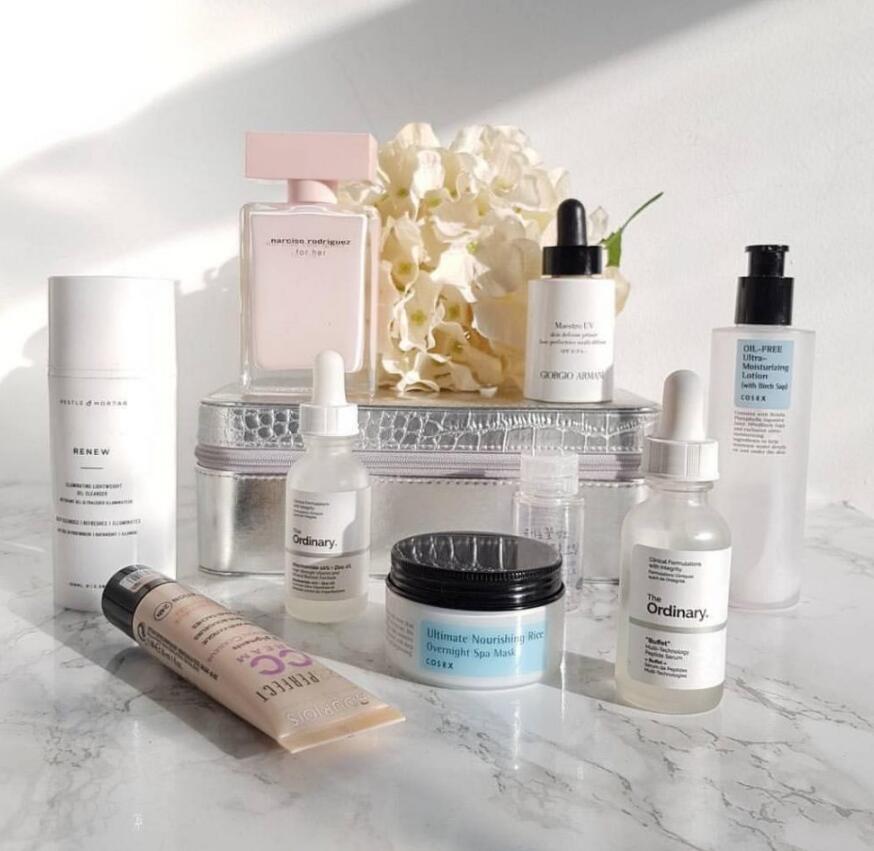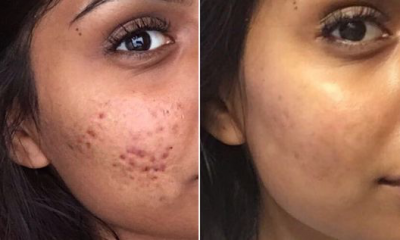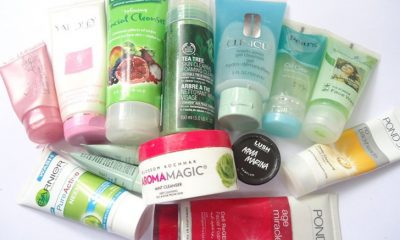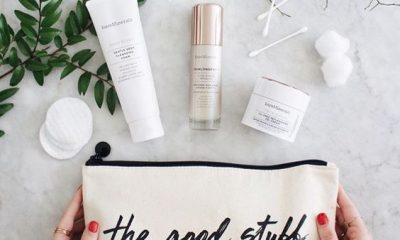
Skincare myths are plentiful, and depending on who you hear it from, you can be left confused and wondering. Read on to separate the most common skincare myths from the skincare truths behind them.
Myth #1: Drugstore products are as good as professional products.

Good and bad skincare products can be found in all price ranges, but many drugstore or mass market products use controversial sulfates, parabens, mineral oil, alcohol, fillers and other synthetic ingredients, which leave little room for quality active ingredients. While ingredients may appear to be similar, the source and formulation most likely are not. This may cause certain products to cost slightly more, but the types of ingredients used can make a big impact on your skin, especially if it’s sensitive to certain ingredients.
Myth #2: All you need to take care of your skin is a basic cleanser and moisturizer.
While a good cleanser and moisturizer are skincare must-haves, alcohol-free toners complete the cleansing process and help restore skin. Highly concentrated serums with active ingredients are formulated to penetrate deeply, and can show a dramatic difference in your skin.
Myth #3: You need a day and night cream.
Unless you plan to be outside, there is no need for a separate cream for day and night. However, if you want a more potent p.m. routine, apply a serum before your moisturizer at night to take advantage of this prime repair period.
Myths About Anti-Aging
Myth #4: Anti-Aging skincare products don’t work.
While many anti-aging products fall short of their claims or only temporarily smooth wrinkles and lift the skin, advanced skincare products that replenish lost proteins and deeply moisturize do smooth wrinkles, firm and improve skin quality. Do your research before buying, and you’ll be good as gold.
Myth #5: I’m young so don’t have to worry about lines or wrinkles yet.
Young people can start using age-preventing products like eye creams and moisturizers around the age of 25 to keep your skin looking plump and youthful.
Myths About Acne
Myth #6: Acne is caused by dirty skin and wearing makeup.
Acne is brought on by a number of thing including stress, hormones and diet. Acne does not mean you’re unclean.
Myth #7: Only teens experience acne.
While it’s not clear why, many adults suffer from acne and breakouts well into their 40s.
Myth #8: Spending time in the sun helps control acne.
Sun damage can actually irritate the skin more and promote acne.
Myth #9: Diet does not affect acne.
A clean, healthy diet promotes clear skin.
Myths About Sunblock
Myth #10: Sunblock and getting a base tan protects the skin from sun damage.
An SPF rating only indicates that a product protects against UVB (burning rays), not sun damage, aging or cancer. It’s also been proven that “base” tans do not provide extra UV protection.
Myth #11: Sunscreen causes breakouts, irritation, and allergies.
While synthetic sunscreens can cause irritation and breakouts, mineral-based zinc oxide, titanium dioxide and other naturally sourced sunscreens actually soothe and heal blemishes.
Myth #12: No need for SPF if it is cloudy or cool outside, or indoors and wear makeup.
UV rays can penetrate clouds. Just because you can’t see the sun, doesn’t mean that it’s not there.
Myth #13: You don’t need SPF if you have dark skin.
All skin is susceptible to sun damage. Skin problems are often harder to detect on darker skin tones, so it is extremely important to take care of it.
Myth #14: The higher the SPF the better.
No SPF blocks 100% of rays. An SPF 15 product filters about 94% of UVB rays, while an SPF 30 blocks 97% of UVB rays. An SPF 45 product blocks about 98% of rays. The higher numbers such as 70, 85 and 90, don’t actually block much more than that.
Myth #15: It’s healthy to spend extended time in the sun without sunscreen.
The recommended amount of sun exposure without sunscreen is 10 minutes. It’ll boost Vitamin D and elevate your mood.



